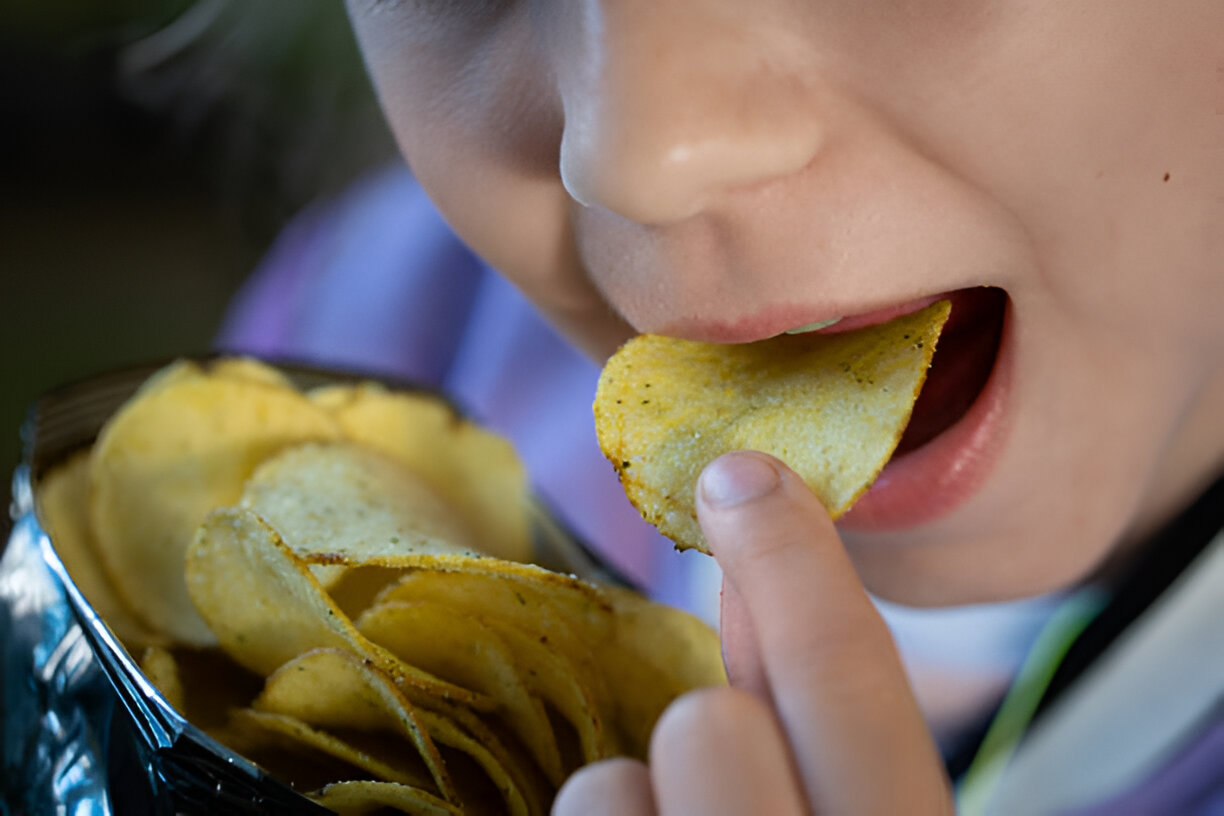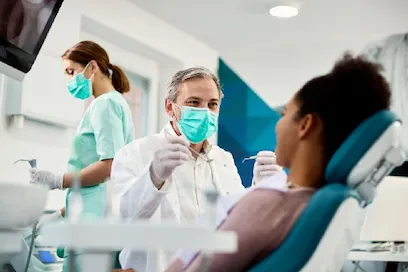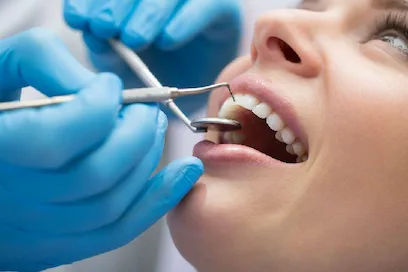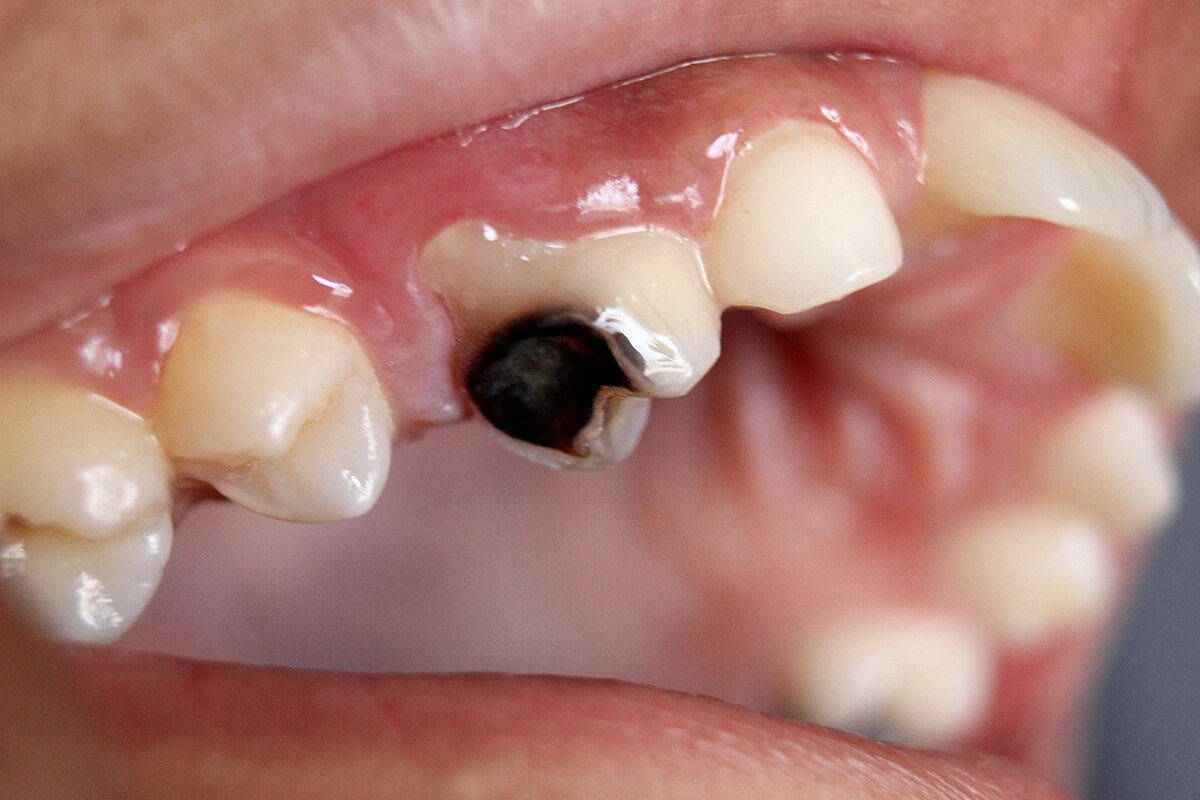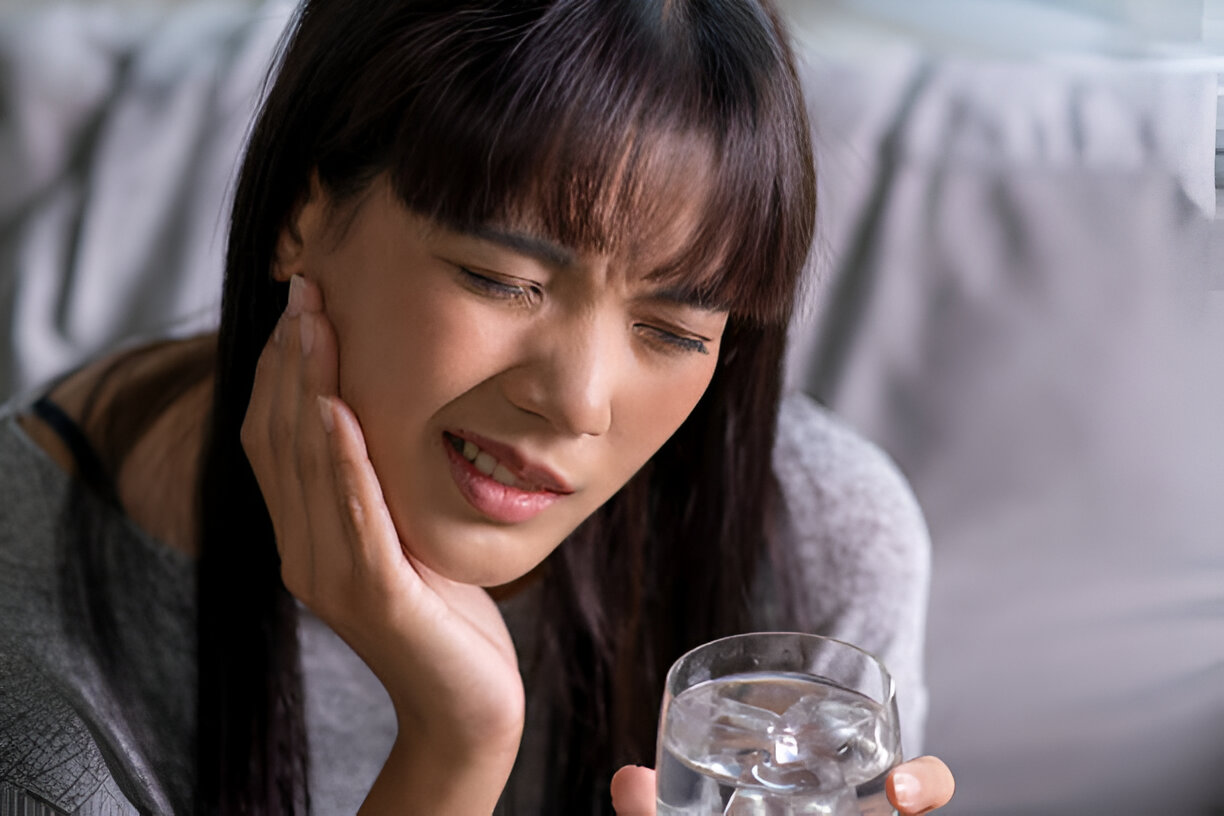Your diet plays a crucial role in the health of your teeth and gums. While some foods can help strengthen your teeth, others can damage them by promoting decay, enamel erosion, and gum disease. Certain foods and drinks, in particular, are notorious for contributing to these problems. In this article, we’ll explore 10 foods that are bad for your teeth and offer tips on how to protect your smile from the damaging effects of these common items.
1. Sugary Candies and Sweets
Sugary candies, hard sweets, and gummies may satisfy your sweet tooth, but they can be a nightmare for your oral health. These types of candies tend to stick to your teeth, allowing bacteria to feed on the sugar. As the bacteria break down sugar, they produce acids that attack tooth enamel, leading to cavities and tooth decay.
Tip: If you do indulge in sugary candies, make sure to brush your teeth afterward. Opt for sugar-free alternatives whenever possible to protect your teeth from the harmful effects of sugar.
2. Soda and Carbonated Drinks
Soda, whether regular or diet, is another common culprit when it comes to tooth damage. Regular sodas contain high levels of sugar, while diet sodas are packed with acidic ingredients that can erode tooth enamel. The combination of sugar and acid in most carbonated drinks can create an environment that leads to tooth decay and enamel erosion.
Tip: Try to limit your intake of soda and carbonated drinks. If you do consume them, use a straw to minimize contact with your teeth and rinse your mouth with water afterward to help neutralize the acid.
3. Citrus Fruits
Citrus fruits like oranges, lemons, and grapefruits are packed with beneficial vitamins, but they are also highly acidic. The acidity can wear away tooth enamel over time, leading to increased sensitivity and a higher risk of cavities. While the fruit itself isn’t harmful, frequent exposure to acidic foods can cause enamel damage.
Tip: Enjoy citrus fruits in moderation, and after eating them, rinse your mouth with water to neutralize the acid. Consider eating them in one sitting rather than snacking on them throughout the day to reduce the constant exposure to acid.
4. Coffee and Tea
Coffee and tea are popular beverages worldwide, but they can stain your teeth and contribute to long-term discoloration. The tannins in coffee and tea can cause your teeth to become yellowish over time. Moreover, adding sugar to these drinks increases the risk of cavities, as the sugar feeds harmful bacteria in your mouth.
Tip: Limit your consumption of coffee and tea, and try drinking them through a straw to reduce direct contact with your teeth. Rinse your mouth with water after drinking these beverages to minimize staining.
5. Dried Fruits
Dried fruits, such as raisins, apricots, and dates, are often seen as healthy snack alternatives, but they are sticky and high in sugar. The sticky nature of dried fruits means they can adhere to your teeth, allowing sugar to sit on the surface of your teeth for long periods, which can lead to cavities and plaque buildup.
Tip: After eating dried fruits, make sure to brush your teeth and floss to remove any sticky residues. Opt for fresh fruits when possible, as they are less likely to cause tooth damage.
6. Chips and Crackers
Chips and crackers are starchy foods that can quickly break down into sugar in your mouth. This sugar feeds the harmful bacteria that cause cavities. In addition, the small particles from these foods can get trapped between your teeth, leading to plaque buildup and an increased risk of gum disease.
Tip: Instead of snacking on chips or crackers, choose healthier alternatives like nuts or vegetables. If you do eat chips or crackers, be sure to brush your teeth afterward to remove any leftover food particles.
7. Alcohol
While alcohol itself doesn’t directly damage your teeth, it can lead to dry mouth, which reduces the production of saliva. Saliva is essential for washing away food particles, neutralizing acids, and protecting teeth from harmful bacteria. A dry mouth can make your teeth more vulnerable to decay and gum disease.
Tip: Stay hydrated by drinking plenty of water, especially when consuming alcoholic beverages. Consider chewing sugar-free gum to stimulate saliva production and keep your mouth moist.
8. Ice
Chewing on ice may seem harmless, but it can cause serious damage to your teeth. The hard, brittle nature of ice can crack or chip your teeth, especially if you have fillings, crowns, or other dental work. Over time, this can weaken the structure of your teeth and lead to other dental problems.
Tip: Avoid chewing on ice altogether. Drink cold drinks without crunching the cubes or allow them to melt before consuming them.
9. Sports Drinks
Sports drinks are marketed as a way to hydrate and replenish electrolytes, but they are often loaded with sugar and acids. The combination of sugar and acid can cause enamel erosion and promote the growth of cavity-causing bacteria. Even sugar-free sports drinks can be harmful because of their acidic content.
Tip: Choose water or unsweetened beverages for hydration. If you do consume sports drinks, be sure to rinse your mouth with water afterward to neutralize the acid.
10. Popcorn
Popcorn itself isn’t harmful to your teeth, but unpopped kernels can cause damage by cracking or chipping your teeth. Additionally, small popcorn hulls can get stuck between your teeth, leading to plaque buildup and potential gum irritation.
Tip: Be mindful of unpopped kernels, and floss after eating popcorn to remove any bits that may be stuck between your teeth.
Protecting Your Teeth from Harmful Foods
To protect your teeth from the damaging effects of these foods, it’s important to follow some basic oral hygiene practices:
- Brush and Floss Regularly: Brush your teeth at least twice a day with fluoride toothpaste and floss daily to remove food particles and plaque.
- Drink Plenty of Water: Drinking water helps rinse away food debris and neutralize acids in your mouth.
- Chew Sugar-Free Gum: Chewing gum stimulates saliva production, which helps protect your teeth.
- Visit Your Dentist: Regular dental checkups and cleanings are essential for maintaining healthy teeth and preventing decay.
Conclusion
Certain foods and drinks can seriously affect your oral health. By being mindful of the 10 foods that are bad for your teeth, you can make healthier choices that protect your smile. Along with good dental hygiene practices and regular visits to the dentist, you can keep your teeth strong, white, and healthy for years to come.

